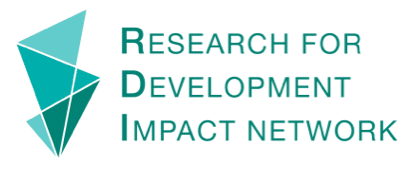In 2017, the RDI Network developed a set of guidelines for ethical research and evaluation, to sit alongside ACFID’s Code of Conduct for international development organisations.
There has been an update to the Principles and Guidelines in 2021.
Here is a quick summary of the Principles and Guidelines for Ethical Research and Evaluation:
- The Principles and Guidelines aims to increase awareness of and provide overarching direction and practical support in ethical research practice. They are intended for anyone who commissions, manages, conducts or reviews research and evaluation.
- The Principles and Guidelines were produced by ACFID and the RDI Network and are based on national and international principles for conducting ethical research with human participants. They also extend to cross cultural elements, power relations, capacity building and understanding the ‘development’ imperative within research practice conducted by NGOs.
- The Principles and Guidelines are intended to support decision making and guide design and best practice. The four principles are: respect for human beings, beneficence, research merit and integrity, and justice. Each of the principles are described, with corresponding concepts and examples for how they apply in practice.
- The Principles and Guidelines also address working with partners and consultants. They advise that cultural competence is vital when development practitioners are working in countries that are not their own. Local researchers provide guidance on customs and local research approval processes. It is also important to consider the ethical practice capabilities and mechanisms of in-country partners and local consultants.
- The Principles and Guidelines also provide deep-dives on how to implement certain Principles. They elaborate on informed consent, particularly for children and young people, and people with a disability. They also dive deeper into privacy and confidentiality, and context sensitive research including gender sensitive research. Finally, they provide advice on assessing risk, and when to consider formal ethical review and in-country ethical approval.
Read full resources:
- Effective and ethical research and evaluation (5 mins, webpage)
- Principles and Guidelines for ethical research and evaluation in international development (30 minutes, PDF 1.25 MB)



